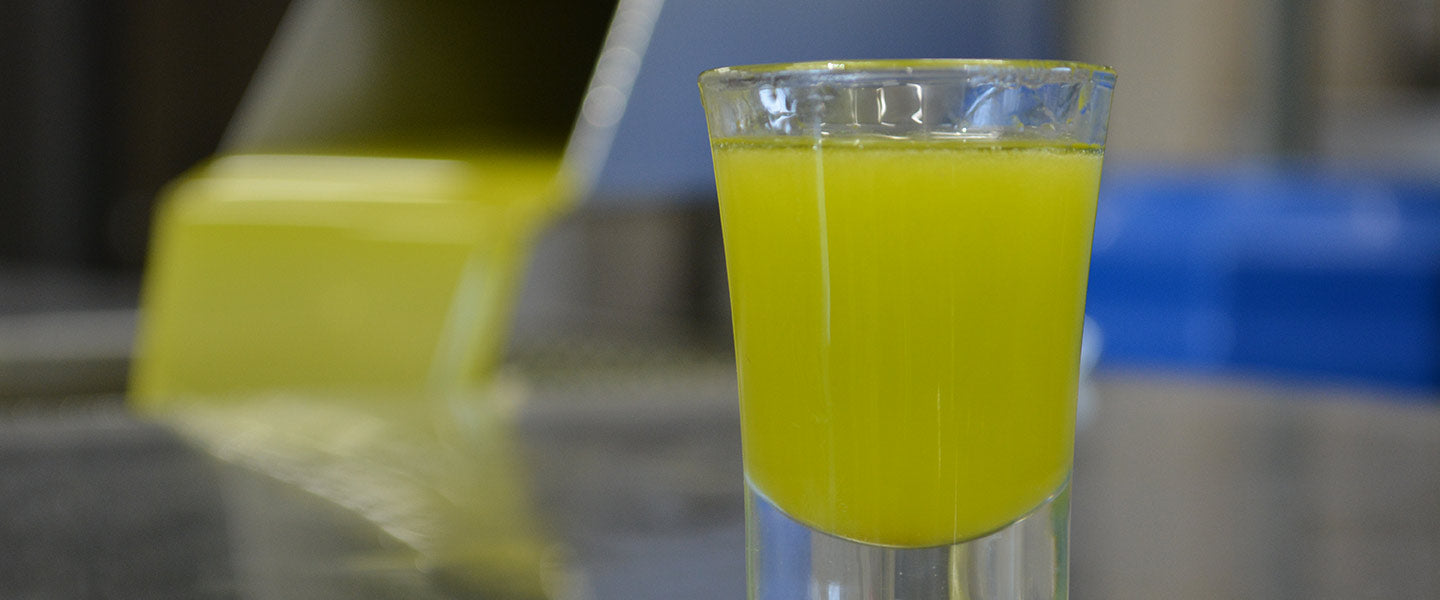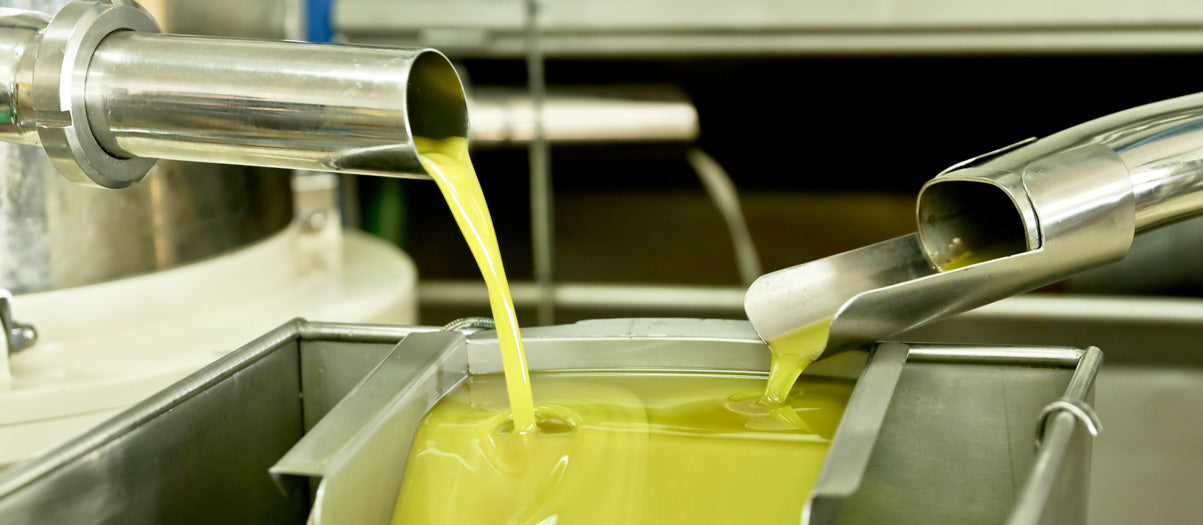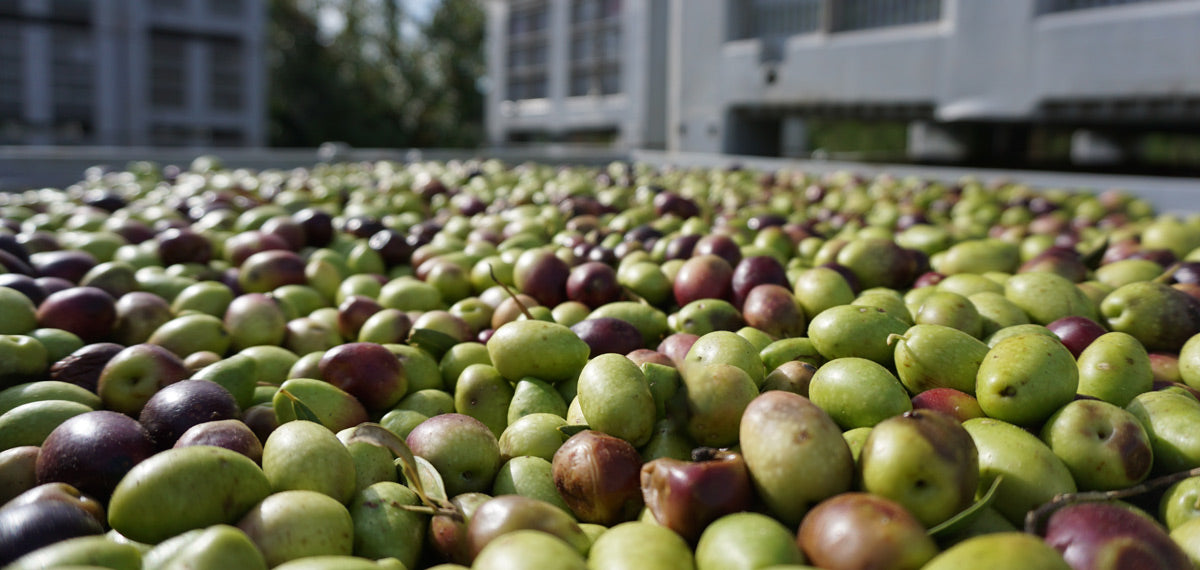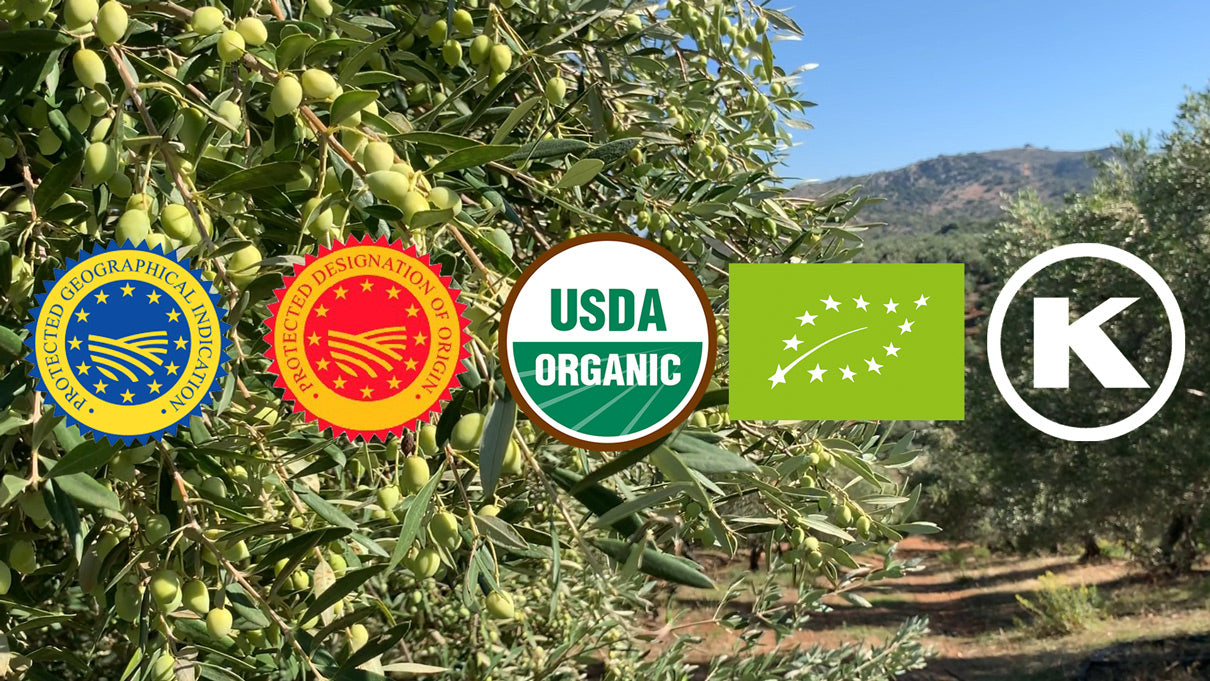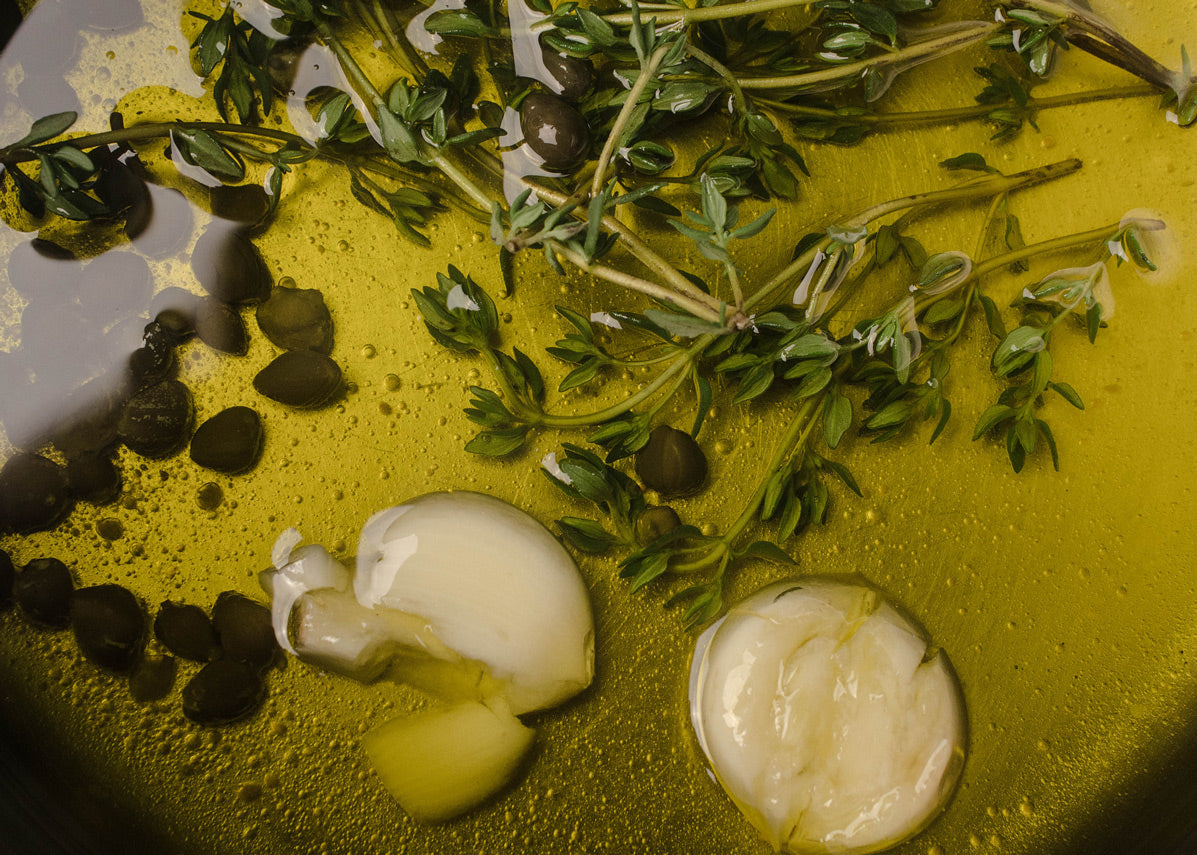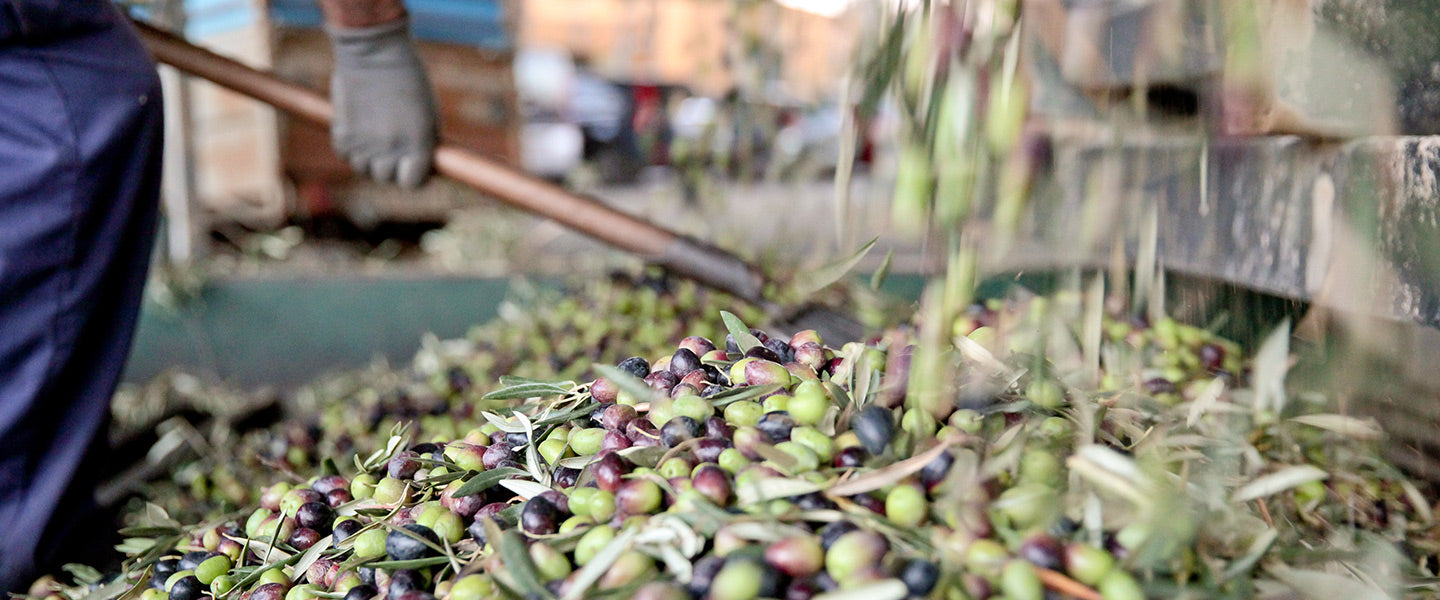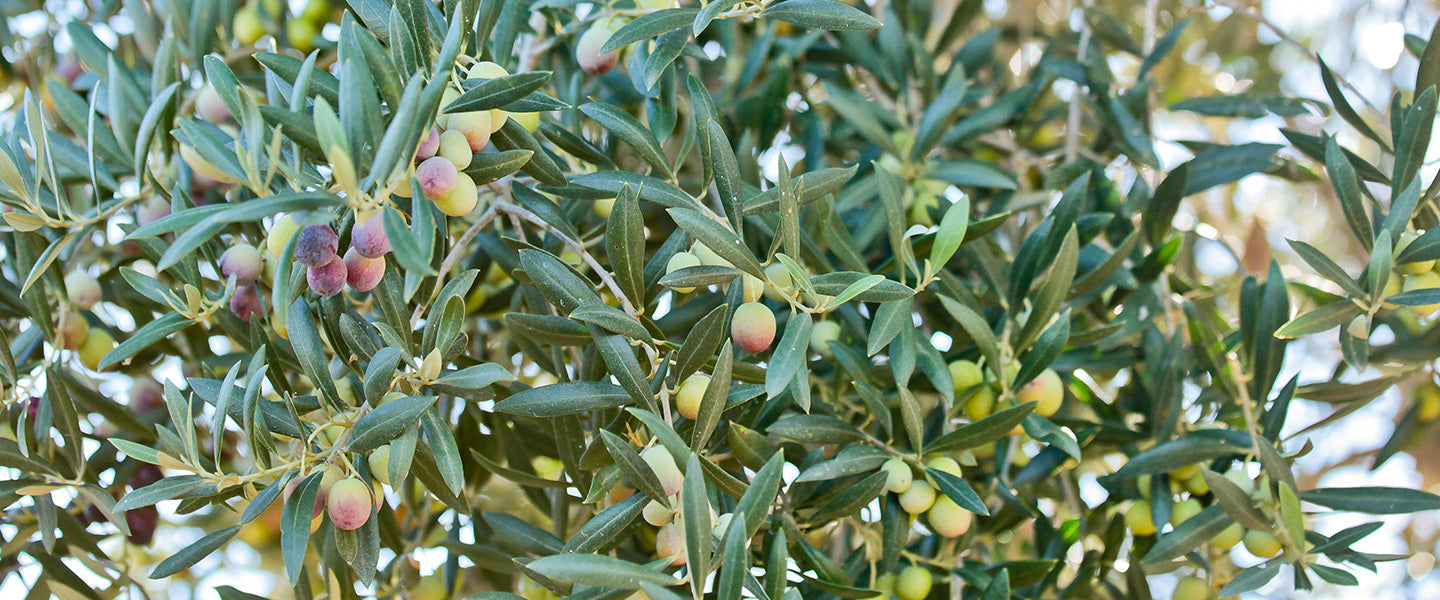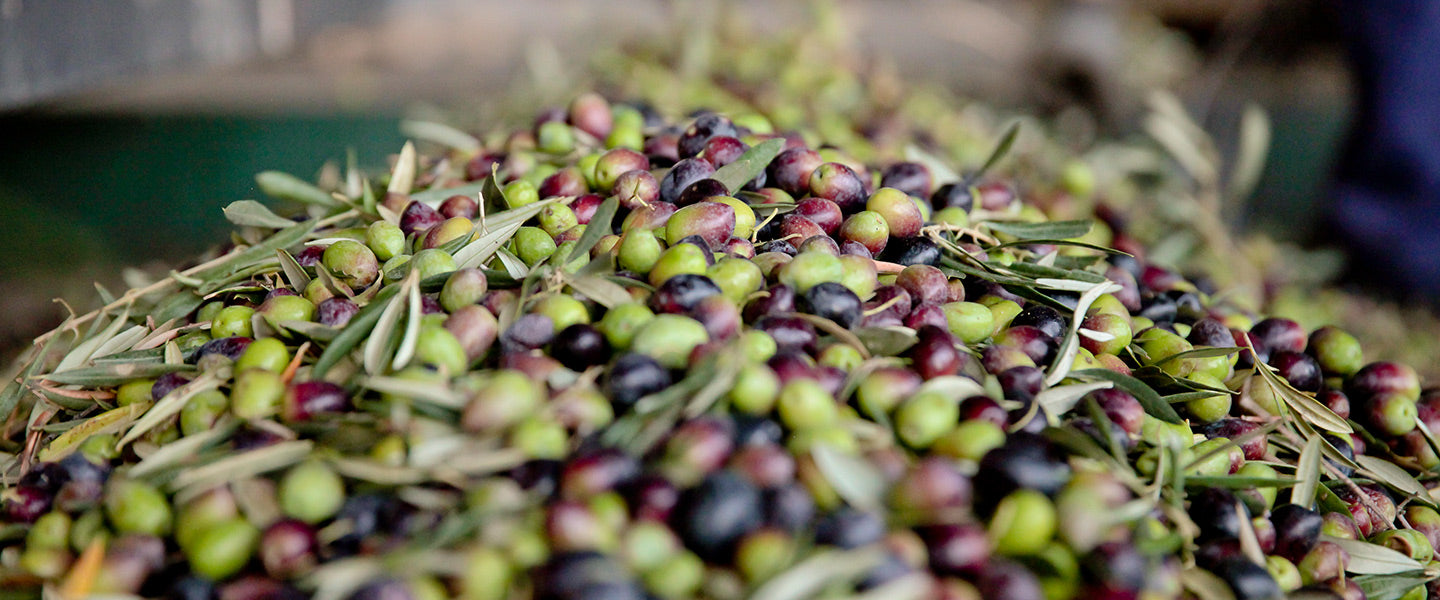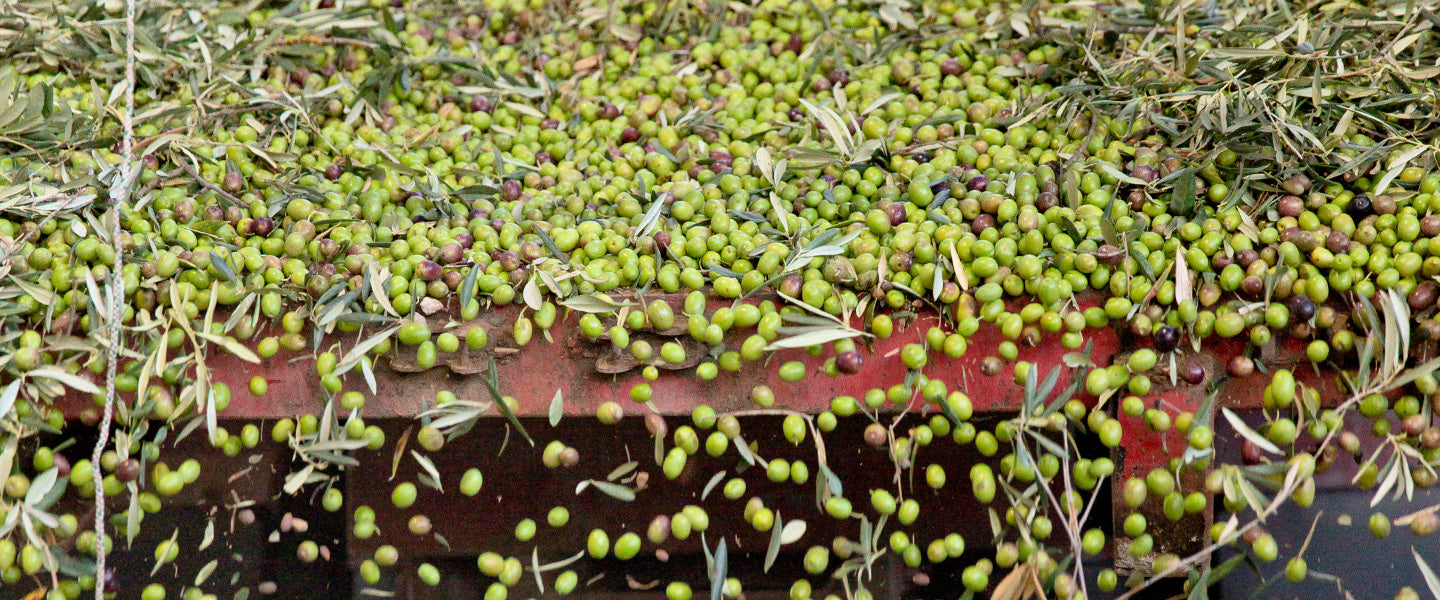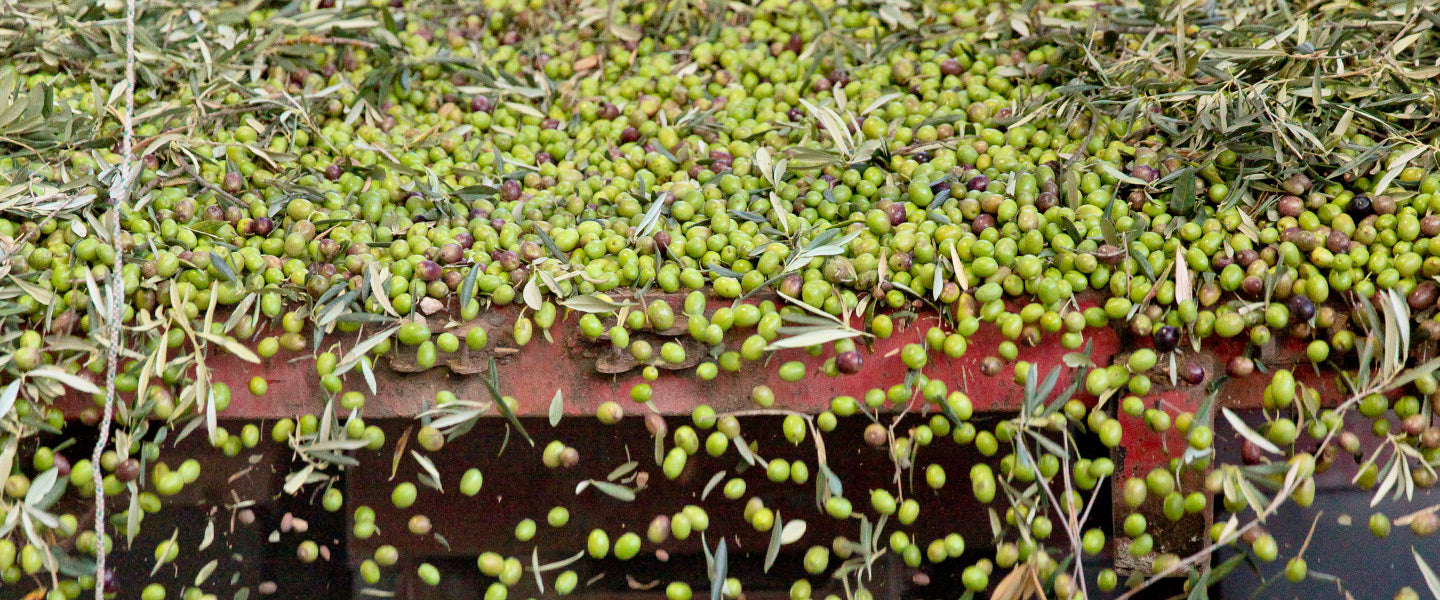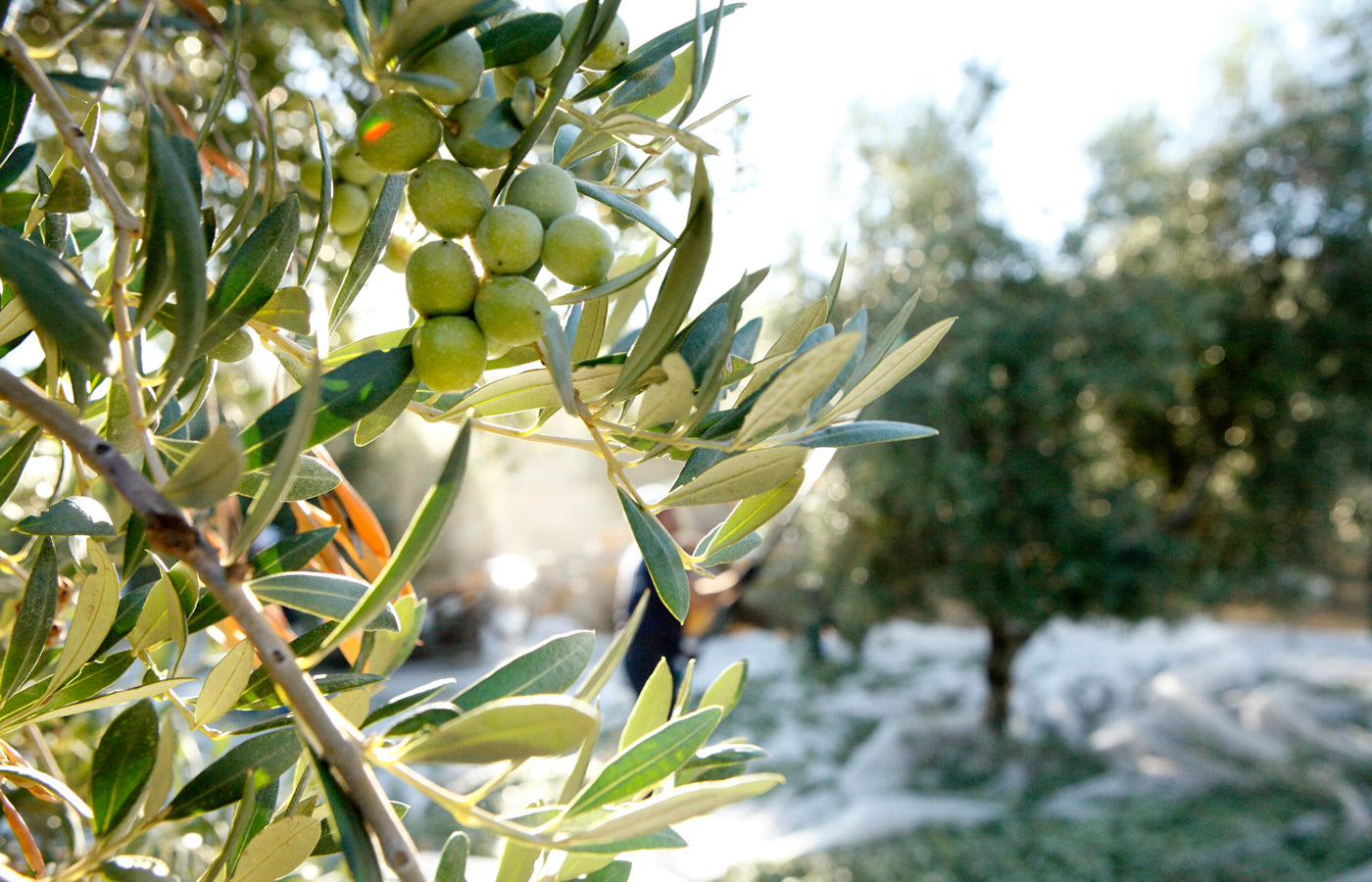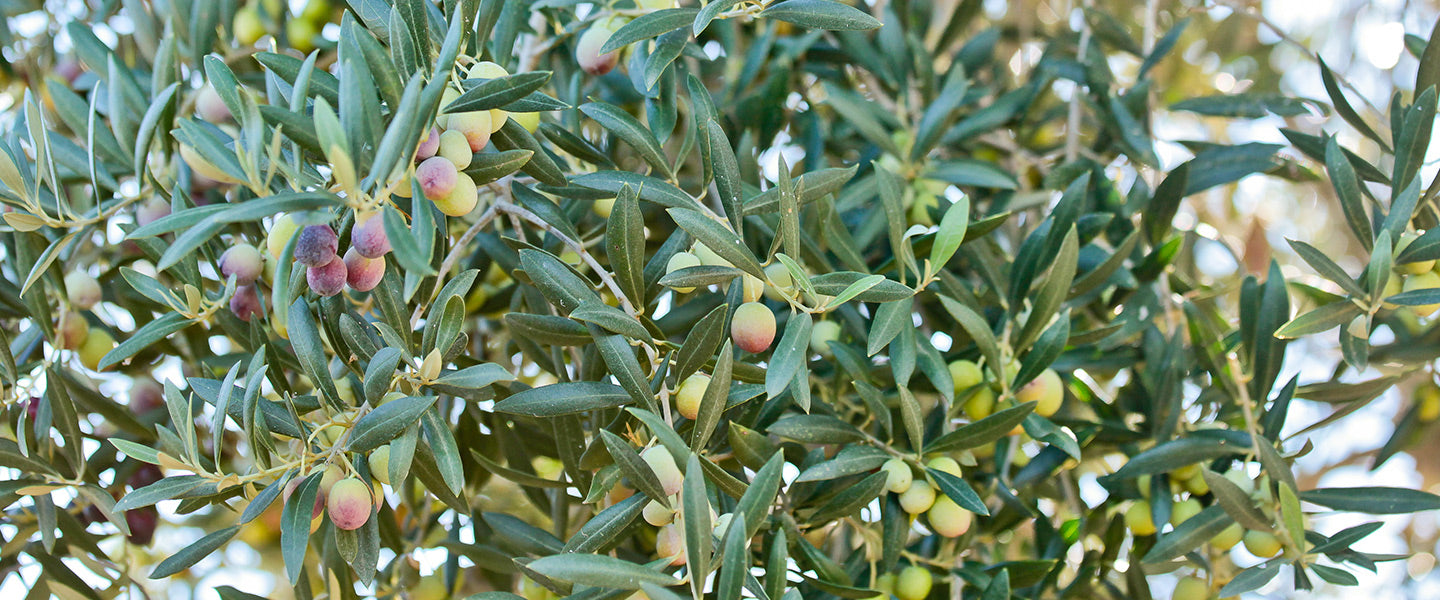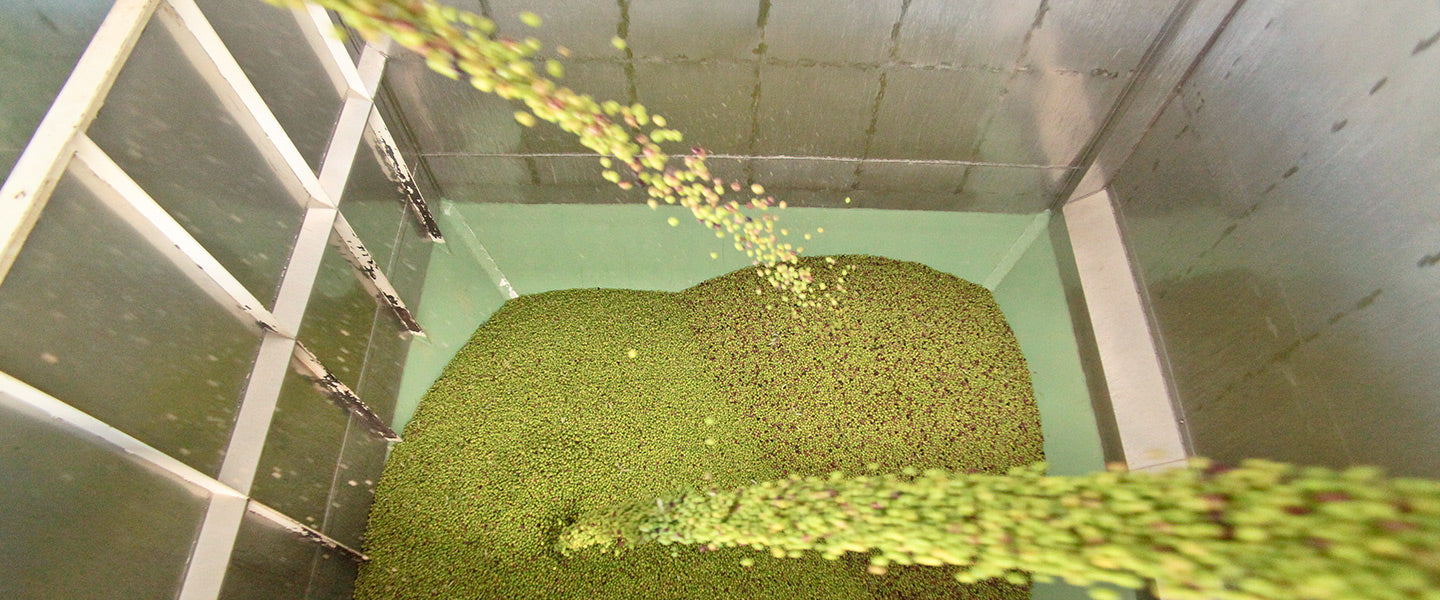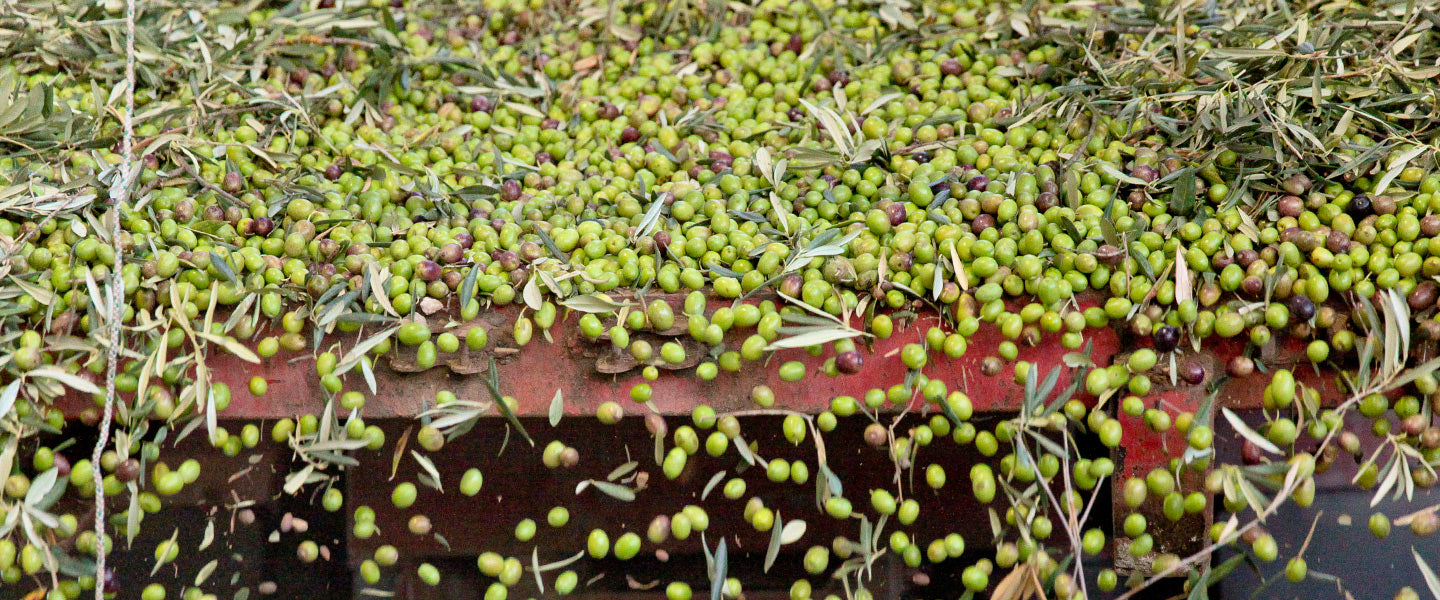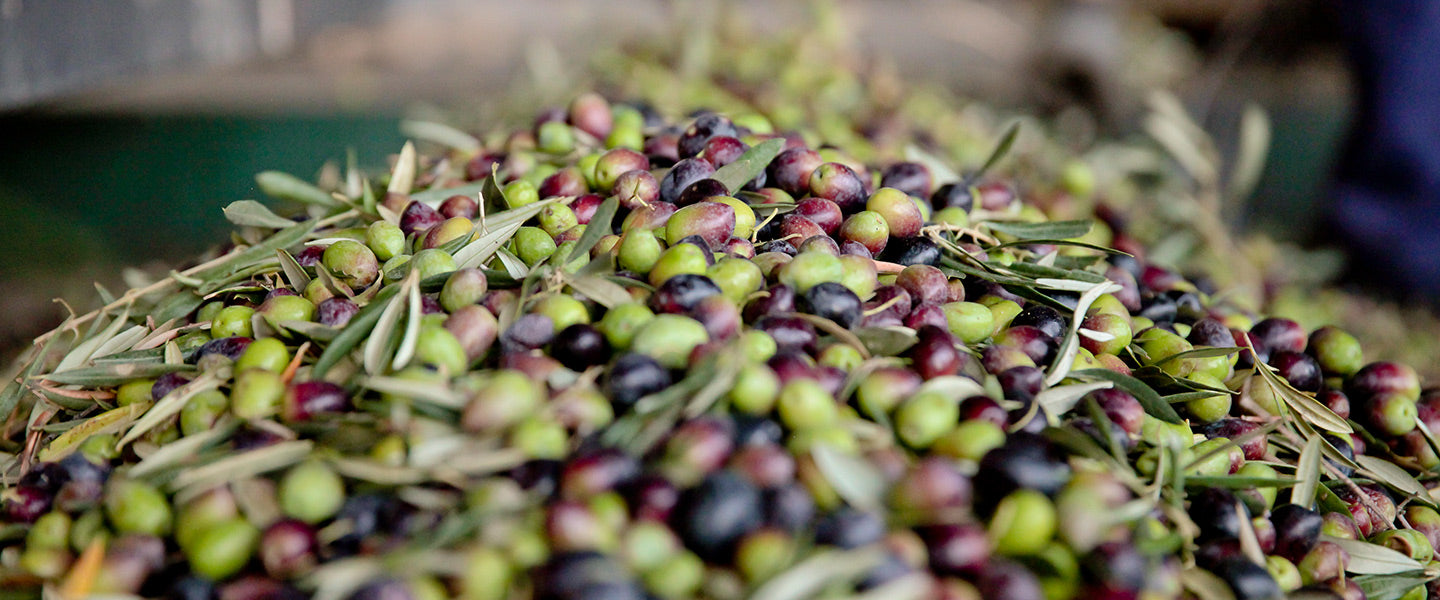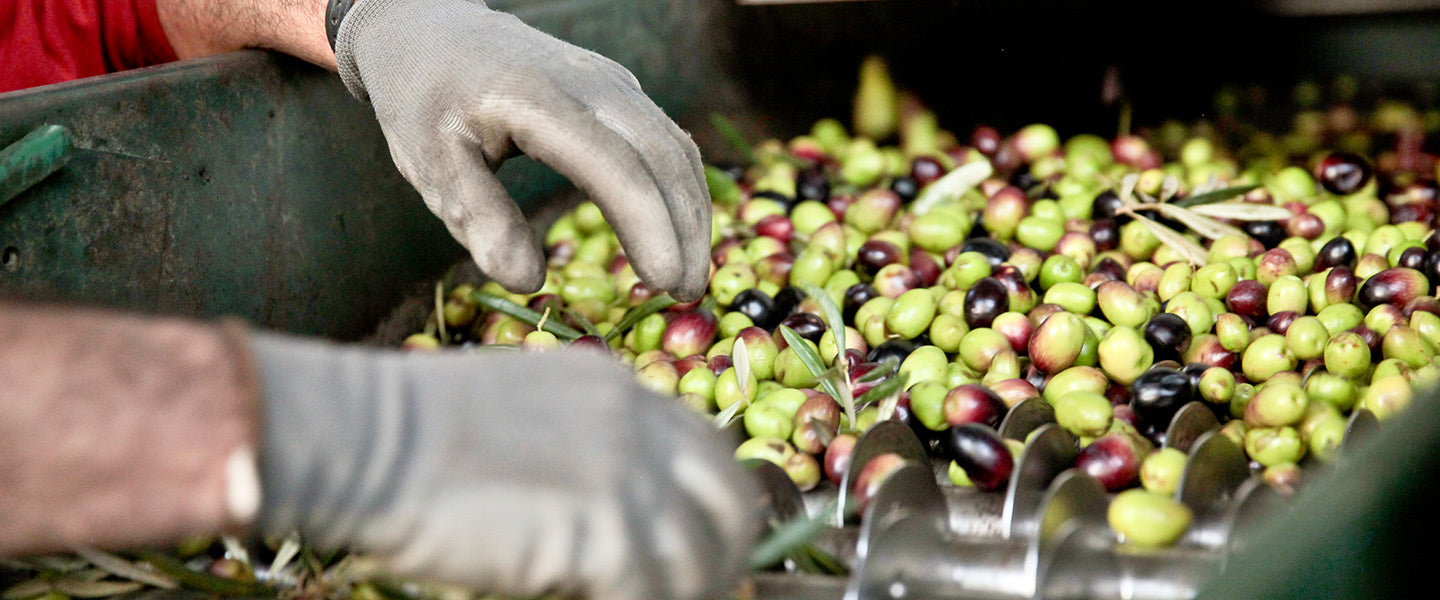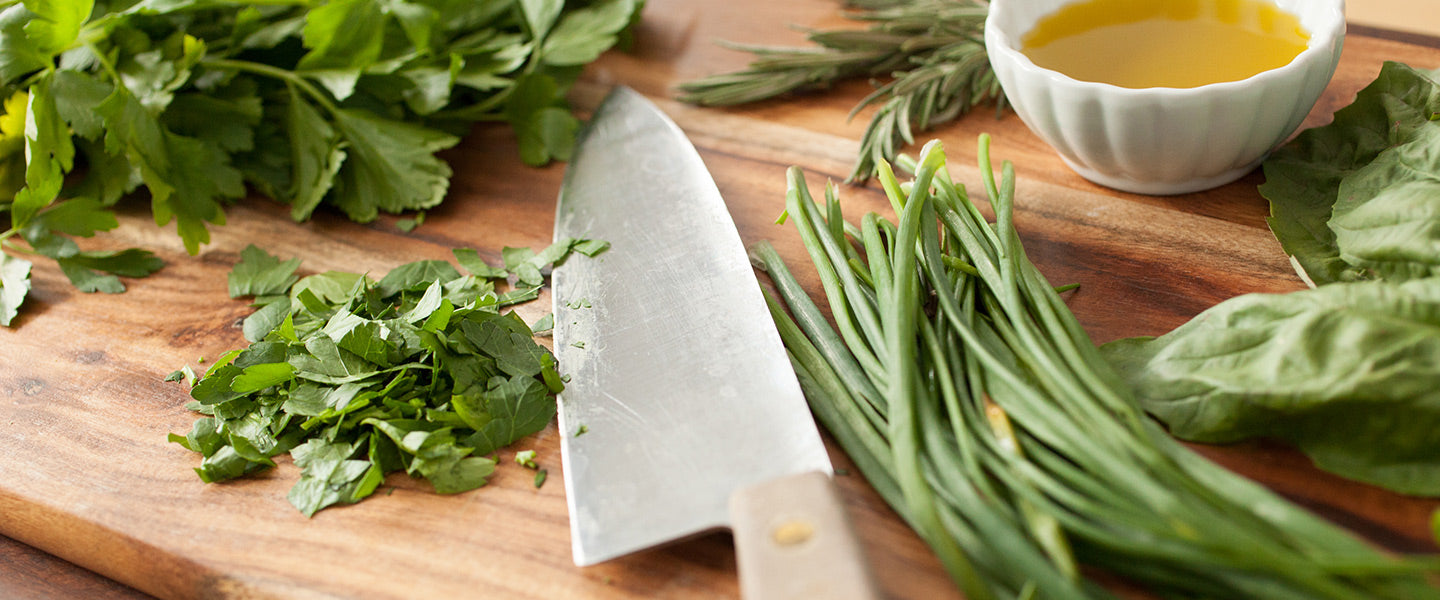- Home
- Our Journal
- About EVOO Avocado Oil Versus Olive Oil
Avocado Oil Versus Olive Oil
Posted by Olive Oil Lovers on

Avocado oil is a natural oil produced from the fruit of the ripe avocado. The skin and seed are removed, and then the flesh of the avocados gets mashed into a paste for 30-60 minutes. After this malaxing period is complete, the oil is separated from the water and solids by centrifuge and then filtered to remove any fine particulates. For this process avocado oil essentially follows the same extraction steps as olive oil, often using equipment designed to extract oil from olives.
In terms of utility and nutritional value, avocado oil is also the food oil with a profile most similar to extra virgin olive oil. Like extra virgin olive oil, avocado oil consists primarily of heart-healthy oleic acid, a monounsaturated omega-9 fatty acid. Both oils also provide similar health benefits, as studies have shown that both olive and avocado oils can reduce inflammation, reduce bad cholesterol, and also can help reduce blood pressure. Like olive oil, avocado oil also contains healthy antioxidants in the form of naturally occurring plant phenols.
One interesting difference between the two fruits is that the olive is a drupe, while the avocado is scientifically a berry.
One survey on research into avocado oil indicates some additional benefits of avocado oil include its ability to help the body absorb fat-soluble vitamins like Vitamin A, Vitamin D, Vitamin E & Vitamin K. When consumed with soybean oil, studies indicate avocado oil may help relieve pain associated with osteoarthritis. Avocado oil is also a good source of lutein, which has been proven to improve eye health, especially for people with age-related eye conditions.
When compared to extra virgin olive oil, avocado oil has a higher percentage of saturated fat, a lower percentage of monounsaturated fat, higher omega-6/omega-3 ratios, and fewer antioxidant compounds.

Also like olive oil, avocado oil has different quality levels. For the best quality avocado oil you want to select a bottle labeled extra virgin or unrefined. Just like refined olive oils with labels like "Light Olive Oil" or "Pure Olive Oil," a refined avocado oil is processed with hexane to remove impurities and may also be bleached to remove any color. While this process might create an oil with a slightly higher smoke point, the oil will be much less stable at high heats, producing harmful compounds that can damage the body. When compared to a refined product, an extra virgin or unrefined avocado oil is a better choice for all uses, including high heat cooking.
While extra virgin olive oil is a fine choice for most cooking applications due to its stability and smoke point around 400°F, the smoke point of avocado oil is typically listed closer to 475°F, making it a versatile addition to your pantry.
However, some studies indicate that avocado oil has a thermal stability closer to 350°F. This result might be because avocado oil has a lower concentration of total phenolic compounds than olive oil.
Avocado Oil Has No Official Quality Standards
One final similarity between these two oil varieties is that both have had public reports that called into question their quality. The 2010 report from the University of California Davis on olive oil shook the edible oil industry. However, that study catalyzed a sea change in olive oil quality over the last decade, helping customers to better understand the quality parameters of olive oil and leading to increased demand for quality from olive oil manufacturers. Most knowledgeable olive oil consumers now know to look for a dark glass or opaque container, to look for a recent harvest date (or a 'best before' date far into the future), to aim for single-origin olive oils, and to avoid oils that might have been exposed to heat or bright lights for a prolonged time period.
While extra virgin olive oil has been the subject of many health-related studies over the last decade, avocado oil has received a small fraction of the scrutiny. One of the main resources citing many of the health benefits of avocado oil is essentially a survey of small studies from around the world that included many different avocado varieties. Until recently, the dearth of verifiable information ultimately made any suspected benefits of avocado oil harder to confirm.
The first major study on avocado oil quality was performed by scientists Hilary Green and Selina Wang at UC Davis and released in 2020 with shocking results. The main headline of the study was that more than 80% of products labeled as avocado oil were either rancid or entirely soybean oil. Due to the lack of research on avocado oil, even the best quality oils tested could only be identified as "most likely pure." This means that consumers currently have no way of knowing whether they are purchasing authentic avocado oil.

When testing the oils, the free fatty acid profiles suggested that the majority of the oils were produced using low quality fruit, meaning overripe, bruised, cut, punctured, or insect-infested avocados. These results also indicate poor production methods like too much time between harvest and processing or not keeping the temperatures low enough during extraction.
Without quality standards, many manufacturers will continue to focus only on the bottom line, often resulting in poor quality avocado oils being blended with less expensive, chemically-processed oils. From bulk buyers to everyday consumers, these unsafe practices can only have negative consequences for the end user. For example, it could be a serious health concern for someone with a soy allergy to unknowingly purchase and use an avocado oil that is blended with soybean oil. A low priced avocado oil is probably a good indicator of a low quality product and should be avoided.
Finally the report notes that no international regulations exist that concerning the quality of avocado oil. In fact, the only quality parameters used are the same standards established by IOC for olive oil. The authors of the study conclude that for consumer health and confidence, quality standards specific to avocado oil must be established.









